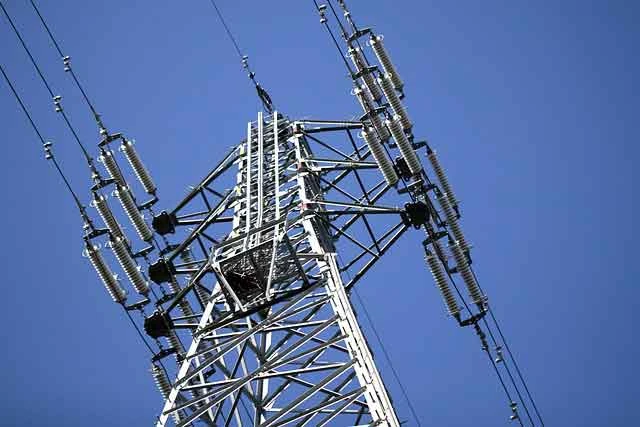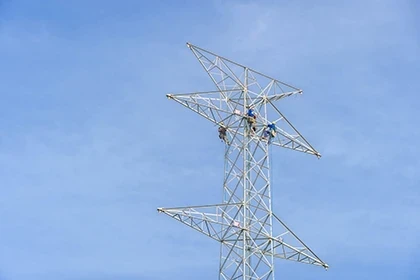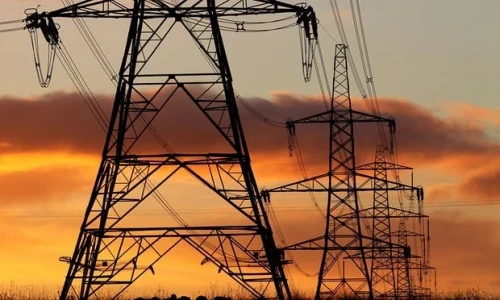FERC Delay Threatens 3 GW in ISO-NE Auction

The Federal Energy Regulatory Commission's (FERC) failure to act on ISO New England's (ISO-NE) proposed interconnection reforms is raising alarms, as it could prevent up to 3 gigawatts (GW) of new resources from participating in the region's upcoming capacity auction. The delay, if unresolved, threatens to escalate capacity rates and contribute to energy affordability challenges while exacerbating risks of resource shortages, particularly during critical winter months.
ISO-NE’s proposal to overhaul its interconnection process aims to address grid reliability concerns and meet new interconnection requirements outlined in FERC’s Order 2023. The proposed reforms include shifting from a first-come, first-served system to a first-ready, first-served cluster study approach, intended to speed up and streamline the interconnection process. The filing was made in mid-May 2024, with an expected decision deadline of August 12, 2024. Despite strong support from regional stakeholders, FERC has not acted on the filing, prompting frustration from state representatives and developers alike.
The New England States Committee on Electricity (NESCOE), which represents the region’s governors, has urged FERC to expedite its decision to alleviate the ongoing backlog in the interconnection queue. These delays are creating significant uncertainty for developers, who need clarity to meet critical deadlines for participation in ISO-NE’s next capacity auction.
With FERC's inaction, ISO-NE has prepared a contingency plan for transitioning to a new interconnection process. This includes providing energy storage developers additional time to bring some projects online in time for the 2028/29 capacity commitment period. Flatiron Energy Development, a key developer with approximately 2.1 GW of projects in the region, is among those facing setbacks due to the lack of decision-making by FERC. The company highlights that around 600 MW of its projects, already in advanced stages, risk being locked out of the upcoming capacity auction if the reform is not swiftly approved.
Failure to approve these reforms could have broader economic impacts, including higher energy prices and increased instability in the region’s energy supply. For the projects in question, meeting the capacity auction deadlines is vital to ensuring that they contribute to grid stability and supply. The situation emphasizes the need for timely regulatory decisions in managing energy transitions while balancing reliability and affordability concerns.
As energy storage and renewable resources become integral to the region’s decarbonization goals, FERC’s response to ISO-NE’s interconnection reform will be pivotal in determining the future of New England's energy landscape. The Commission is under mounting pressure to act decisively by the end of March 2025 to prevent further disruptions and ensure that essential resources can participate in upcoming capacity auctions, crucial for meeting the region’s growing demand for clean and reliable energy.









